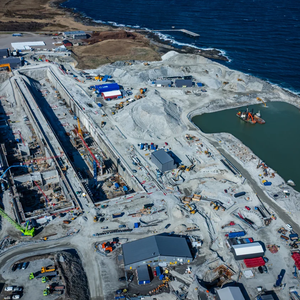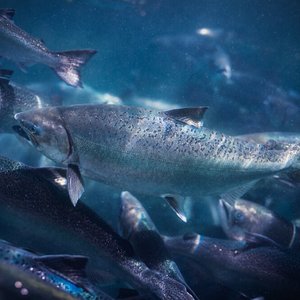"Food production must increase substantially if the predicted population of 2050 is to be fed adequately. New successful innovations are a key for developing the aquaculture industry", said Alex Obach, Head of R&D Skretting Group.
The potential for increased production seems larger for aquaculture than other food producing technologies. In an earlier AquaVision report, Professors Asche and Tveteraas concluded that there are two key success factors in aquaculture; innovations that reduce cost and improve competitiveness, and market development investments that increase demand by expanding the market geographically, into new consumer segments or increasing the number of product forms.
Scheduled on day two of AquaVision 2012, the topic “Beyond tomorrow” will focus on innovations for the aquaculture industry for the next 5–10 years. Innovations are needed in the whole value chain, from new raw materials to expected developments within fish health and new and more effective tools for breeding. The conference will also address the importance of integrated pest management.
Feeding more than 9 billion wealthier and longer-living mouths in 2050 would require raising overall food production by at least 70%, possibly doubling it. Innovation within aquaculture will play an ever more important role in the future seafood supply.
AquaVision is established as a world-class aquaculture conference that attracts 400 top decision makers from the industry to Stavanger every second year.
Scheduled for June 11–13, this ninth AquaVision conference brings a wide range of speakers from all continents and to provide delegates with a wide combination of information and opinion.







